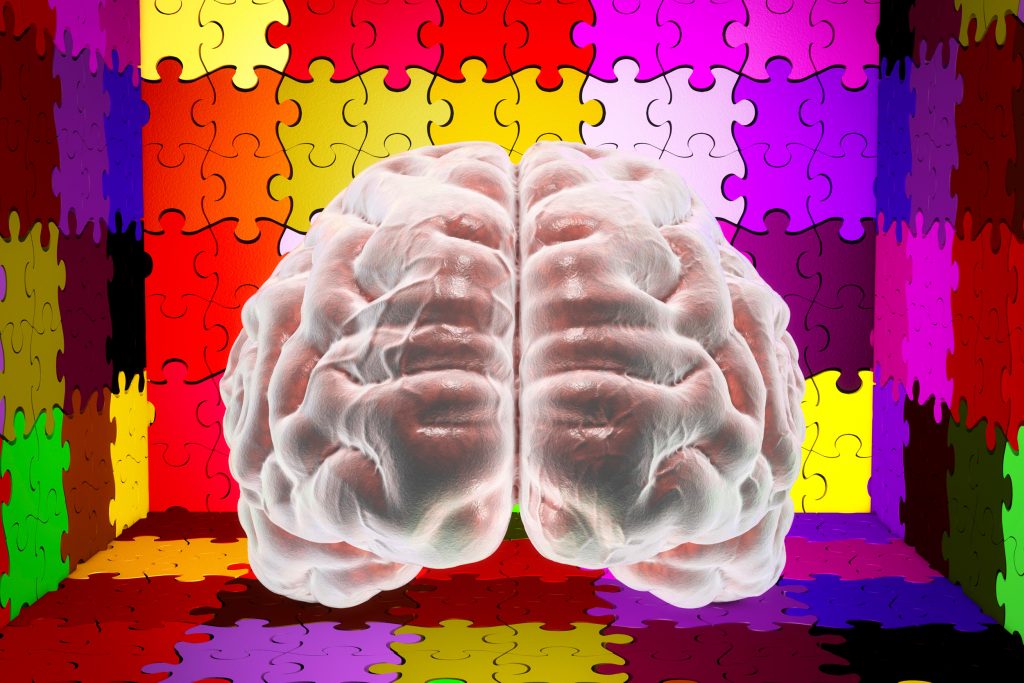Stanford Medicine researchers have unveiled a novel artificial intelligence model that has demonstrated over 90% accuracy in distinguishing whether MRI scans of brain activity belong to a male or female. This breakthrough sheds light on the longstanding debate surrounding sex-based variances in the human brain and suggests that comprehending these distinctions could enhance the understanding of neuropsychiatric conditions that impact men and women differently.
Dr. Vinod Menon, a distinguished figure in psychiatry and behavioral sciences, emphasized the pivotal role of sex in human brain development, aging, and the onset of psychiatric disorders. The study, titled “Deep learning models reveal replicable, generalizable, and behaviorally relevant sex differences in human functional brain organization,” published in PNAS, underscores the significance of sex as a biological determinant in brain organization and its implications for personalized biomarkers in neuropsychiatric disorders.
The research team leveraged advanced artificial intelligence techniques and extensive datasets to create an end-to-end deep neural network model capable of classifying brain images from the Human Connectome Project. By training the model on functional MRI scans and instructing it to differentiate between male and female brains, the researchers successfully identified consistent sex differences with remarkable accuracy, surpassing previous studies in the field.
Furthermore, the study explored the reproducibility of the model across diverse datasets, demonstrating its robust performance in discerning sex disparities in brain organization. Through explainable AI, the researchers pinpointed key brain networks crucial for distinguishing between male and female brains, shedding light on regions associated with self-referential processing, learning, and reward response.
The findings not only validate the existence of detectable sex-based brain variances but also highlight the potential implications for understanding psychiatric disorders with gender-specific prevalence rates. By predicting cognitive performance based on sex-specific brain features, the study underscores the behavioral relevance of functional brain characteristics that differ between men and women.
In conclusion, the research presents a comprehensive framework for identifying and interpreting sex disparities in human brain organization, offering valuable insights for future investigations into sex-specific vulnerabilities in neuropsychiatric disorders. Dr. Menon envisions broader applications of the AI model in exploring various aspects of brain connectivity and cognitive abilities, aiming to facilitate personalized approaches in cognitive neuroscience research and clinical practice.










